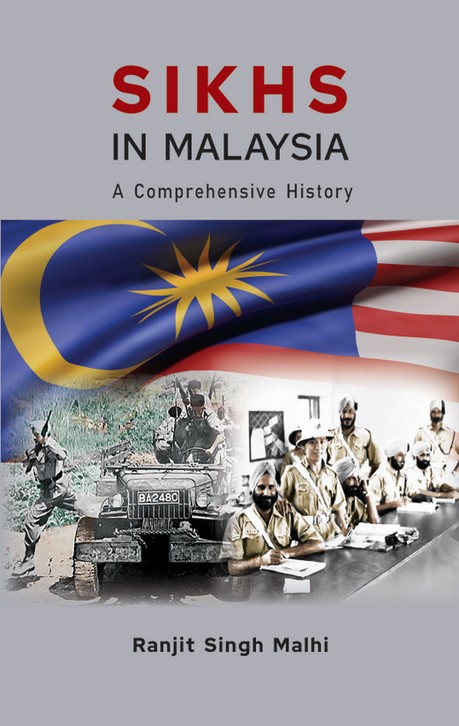
About the Author
Ranjit Singh Malhi is a leading Malaysian historian whose work is defined by meticulous research and exacting standards of accuracy. He has a deep and abiding interest in the history of the Sikhs in Malaysia—a passion and devotion that dates back to his undergraduate study in the University of Malaya where he wrote his honours thesis on the history of Punjabi newspapers and organizations of Kuala Lumpur.
For his PhD thesis at the Asia e University, Ranjit Singh examined the anti-British political activities of the Sikhs in colonial Malaya. With characteristic meticulousness, he conducted extensive primary and secondary research that entailed field trips to several countries along with in-depth oral interviews to analyze and provide fresh appraisal on this unexplored subject. On his thesis, the external examiners and eminent historians, Prof. Dr. Barbara Watson Andaya and Prof. Dr. Harish K. Puri, have commended that it was “eminently well-written with an uncommon analytical ability, and has met the high international standards required for the award of a PhD.”
In his book, The Komagata Maru Affair (2018), Ranjit Singh has applied the same sharp analytical skills and painstaking research to provide a fresh reappraisal of the incident of 1914, when a shipload of mostly Sikh passengers was arbitrarily turned away by the Canadian authorities on the basis of blatantly discriminatory immigration policies. In the course of his study, he has corrected numerous past inaccuracies on the sordid and tragic incident, including highlighting the fact that the charterer of the Komagata Maru, Gurdit Singh, was a long-time resident of Serendah, Selangor and not that of Singapore. Commenting on Ranjit Singh’s account, one of Malaysia’s foremost historians, the late Emeritus Professor Tan Sri Dr. Khoo Kay Kim has noted that it was “a study of the Sikhs which has no equal.”
As a historian and public intellectual who advocates an inclusive, balanced and truly representative history of Malaysia’s multicultural society, Ranjit Singh does not shy away from challenging inaccurate and biased interpretations of the nation’s history.
